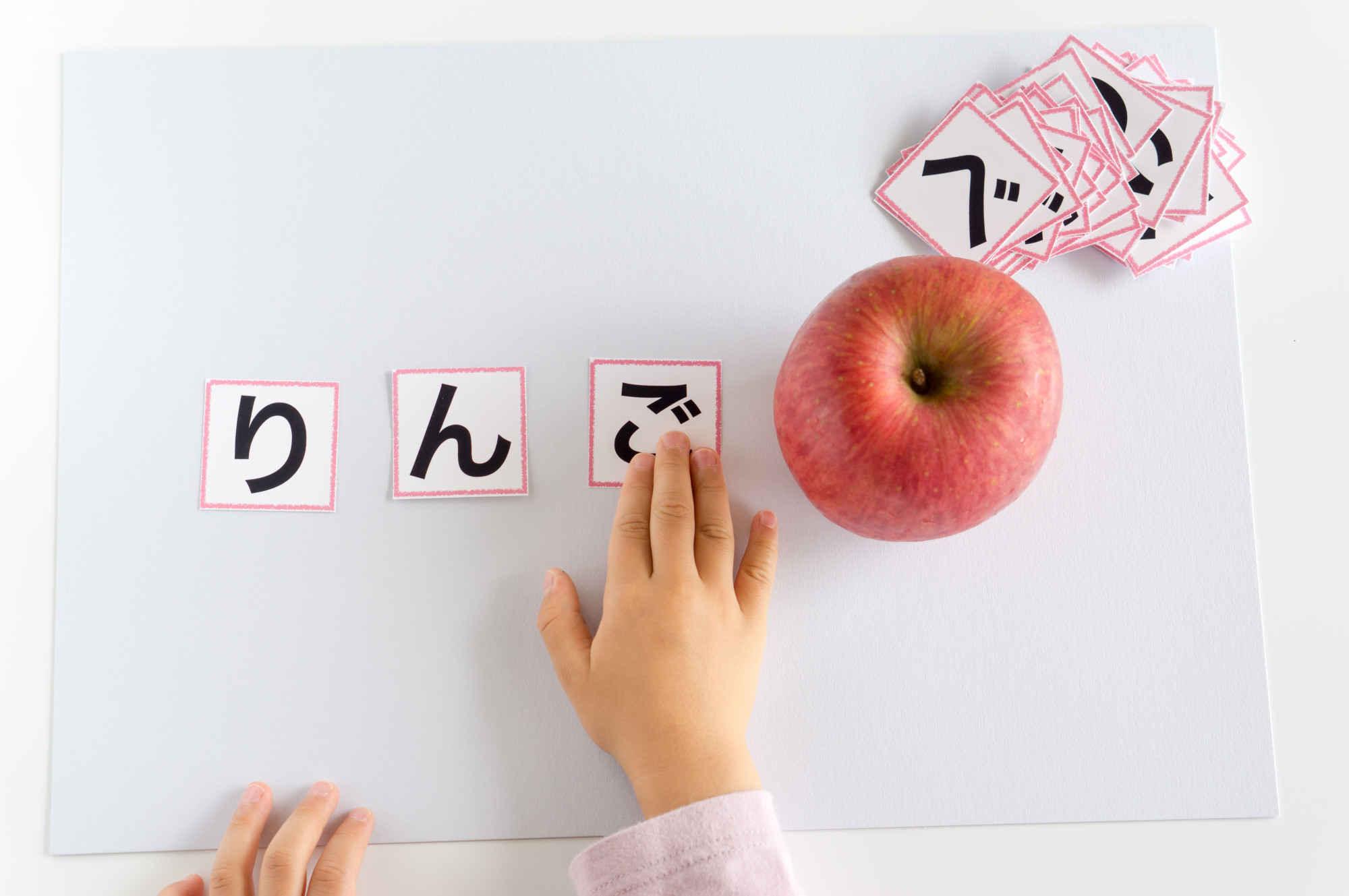It's a game everyone in Japan knows. It requires no equipment and can be played anytime, anywhere. All you need is a minimum of two players (at least one of whom will typically be below the age of 10), some rudimentary kana knowledge, and a lot of words. しりとり (shiritori) is the name of the game, derived from the phrase 尻を取る (shiri o toru). It literally means "take the rear" — and that is basically what you do.
Here is how it works: One player says a word, the "rear part" of which is then recycled by the next player for the beginning of a new word. The rear part of the new word will be used by the next player to begin another word with, and so forth.
A game will normally start with the word "shiritori" itself, which means that the next item will have to begin with り (ri). The default choice here is りんご (ringo, apple), in which case the following word is required to begin with ご (go). This can continue on forever, or until someone — by accident or on purpose — proffers an item that ends in ん, the singular "n" sound. Some common candidates here are キリン (kirin, giraffe), だいこん (daikon, radish), and みかん (mikan, tangerine). Since there is no Japanese word that starts with ん, you have reached a dead end. Needless to say, the person who came up with the ん-word loses.



